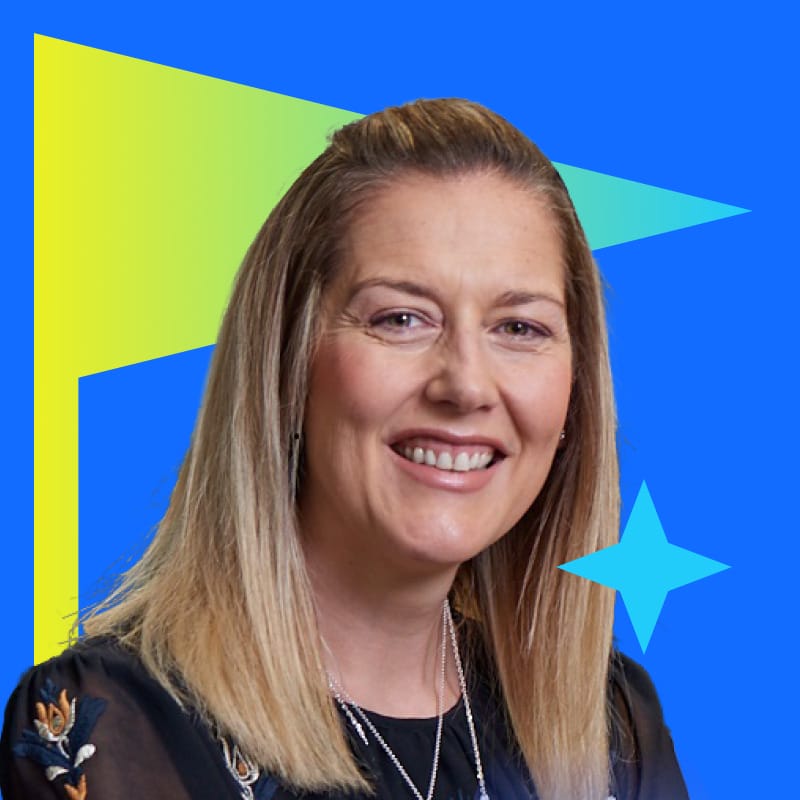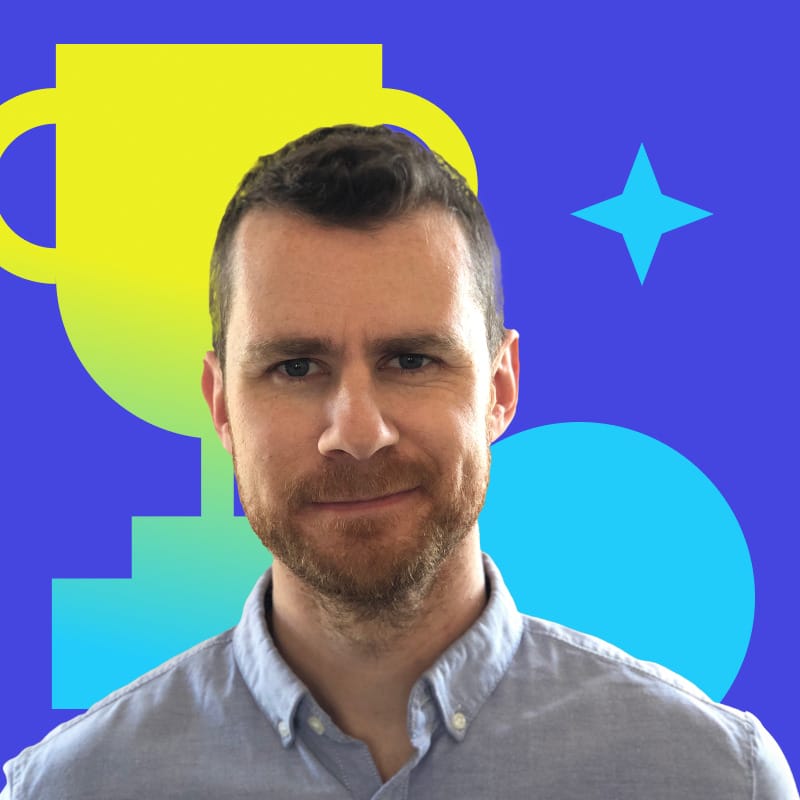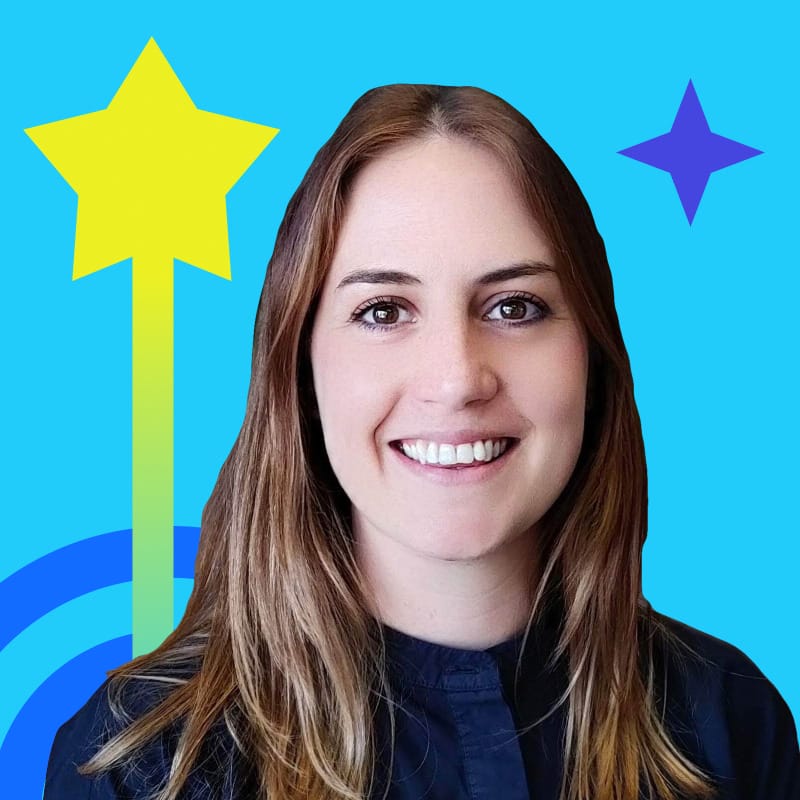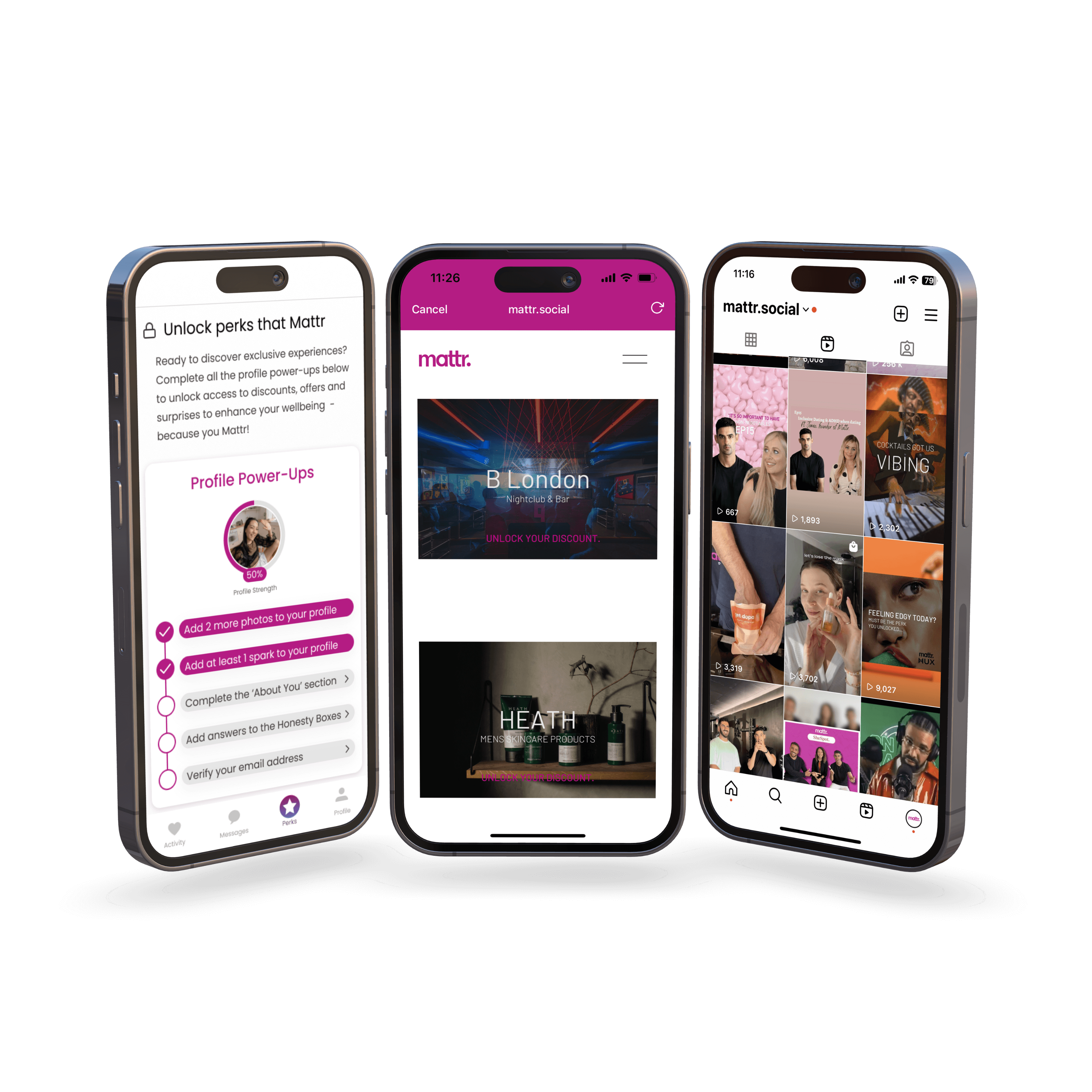It’s been an exceptionally busy 12 months at OneAdvanced Software. The Birmingham,
UK-based SaaS provider has completely reorganised its operations to become
customer-centric, and the business is now organised around eight customer sectors -
distribution and logistics, education, government, health, housing, legal, Business Services , and social care.
For Amanda Grant, CPO at OneAdvanced Software, her role as a product leader within the organisation has proved to be an imperative part of transitioning into a product-led business. This transformation has severely changed how product teams deal with business problems and their approach to building features.
At OneAdvanced Software now, a customer speaks to just one account manager, who is responsible for all their Advanced products in the sector, whereas previously they would speak to a different account manager about each Advanced product they used. Customers are delighted by this new way of working, says Amanda. She adds: “Customers tell us that whereas before, they might have had five people to contact, now they have one who looks after their account. And it means we’re able to talk to them about the solutions we sell, not a single product.”
OneAdvanced Software is a big player in the UK public sector - for example it provides software for much of the NHS 111 non-emergency medical helpline service and provides software to Local Government and Colleges. But half of its business is in the private sector - it provides IT services across all key sectors, and sells mission critical software that powers the world of work for legal practices, retail, distribution, logistics companies and more. It owns and develops all its products, employs about 2,500 people and is backed by private equity firms BC Partners and Vista Equity Partners.
The reorganisation has also had a big impact on the work of the OneAdvanced product organisation, Amanda says. She’s done a huge amount of strategy work over the last year to make sure the right products are in the right sectors.
"The product silos of the past have gone and the duplication of work that went with them - and been replaced with a portfolio, platform approach."
Amanda Grant
OneAdvanced
Amanda says that they’re no longer “building things three times”, and instead try to make sure they have a strategic roadmap for each portfolio rather than a roadmap for each product. It means they can also leverage things like user design, AI, data and infrastructure in the right way, she says.
Most significantly, it means any vestige of a feature-factory mindset has had to go - Amanda asks the product teams to think commercially and own the commercial success of their products. “They have to think in terms of strategy - the right to win the competitive landscape, how we go to market, how we integrate to other products or partners for success,” Amanda says. “It's a really big shift in what's required.” Product teams now must think much more about value than features, Amanda says, and how they can test their hypotheses with customers. “Quite often we find that when we talk to customers the thing we thought was really valuable is okay, but something else is much more valuable. We’re trying to make sure our teams have frameworks for these discussions and they know how to conduct them.”
Amanda is responsible for 35 product managers in teams that vary in size depending on the size and importance of the product. A OneAdvanced product team typically comprises a product manager with responsibility for commercial thinking and strategy, a product owner (or multiple product owners depending on the size of the product) who look after day-to-day work with engineering, as well as user stories, design, backlog management and so on. A business analyst is also part of the team on some projects. OneAdvanced has a centralised centre of excellence for UX to ensure a consistent user experience and familiarity across all the company’s products.
For the most part product teams have found this new mindset both scary and exciting, Amanda says. There are a few who are “ transitioning to become commercial beasts”, and would rather lean towards engineering and a feature factory approach.
“
In general, we're having much better conversations with the business about our Northstar and what we want to achieve. Everybody is aligned to the same goal and pulling in the same direction.
”
Amanda is part of the OneAdvanced senior executive team and reports to the CEO. Before the reorganisation her work focused on implementing best practice, like how to plan roadmpas, write good user stories and value propositions. Now she focuses her team on how to influence the business. “I feel Product has a great voice at the executive table to be involved in the business decision making, and the commercial realities of the business,” she says.
More widely she feels there’s been a shift in the last few years so that the CPO is now recognised as an exec role in its own right, rather than one that falls under the remit of the CTO which has been the case in other businesses.
Amanda spent some of her early working life as a business analyst, trainer and solutions consultant before moving into product management some years ago. She’s been at OneAdvanced for six years and has been its CPO for the past four years. The most significant change during her career, she says, is the emergence and importance of data and data informed decision making. She adds that the recent explosion in tools and frameworks available for product managers can make for a bit of a hazard for the unwary. Her advice: “Pick your methodology and make it work for you. If you look at, say, scaled agile, there are loads of different frameworks, so pick the one that's closest to you and adopt the bits that work. The same goes for tools. We use Aha extensively here, but we probably don’t use it the way anyone else does.”
More businesses will wake up to the need to drive value with a greater commercial focus to their product management in the coming months, she feels. The rise of low code/no code and AI have reduced barriers to market entry and are making the world a much more competitive place, she says.
“You've got to be value focused, you've got to be ruthless about why you’re building something and what it means to the customer. It’s that switch from feature factory to value that will really make the difference.”
Amanda Grant
OneAdvanced
Like most tech firms, OneAdvanced is adopting artificial intelligence, both for feature creation in its products and to increase productivity internally. Amanda gives a simple example of this adoption. The company sells a performance and talent tool that delivers a continuous feedback cycle that helps to drive the business forward, rather than relying on an appraisal every 12 months. But the biggest barrier to getting this feedback is that people inevitably procrastinate about what to write, so the OneAdvanced tool uses generative AI to help them type and re-word their feedback. People now give their feedback much faster, and as Amanda says, it helps them to get back to their day job.
Effective AI use cases are rooted in the fundamental principles of product management, Amanda says. What problem are you trying to solve, can you validate it with customers, and do people actually want to use it? It’s not about putting the tech in for tech’s sake.












Comments
Join the community
Sign up for free to share your thoughts